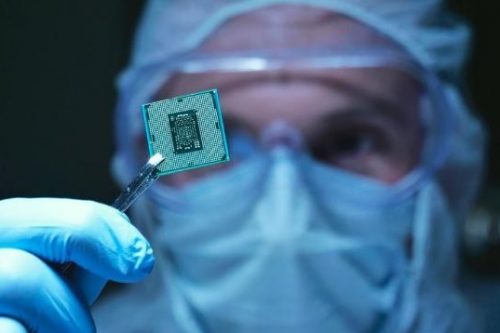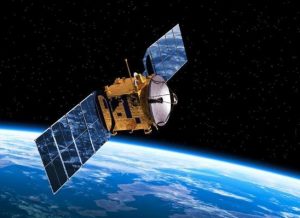University plans to launch a mini-satellite into space

The director of University of Bradford’s new Renduchintala Centre for Space AI has set out ambitious plans to develop and launch a miniature satellite – known as a pocket cube – into orbit.
The palm sized devices, no bigger than a Rubik’s Cube, contain an array of instruments, and because of their size, are much cheaper to launch than larger satellites.
Prof Fun Hu, programme leader and inaugural centre director, is a former satellite systems engineer. She said it was important for Bradford – and the UK – to be at the forefront of space research.
She added: “The Bradford-Renduchintala Centre for Space AI will create a new centre of expertise in West Yorkshire, in an area of research which is going to become increasingly important in the coming years, especially now the UK has left the EU and therefore has lost access to several EU satellite navigation programmes, including Galileo and the European Geostationary Navigation Overlay Service (EGNOS).
“There is an expectation that the Government will invest heavily in the space sector over the next five to ten years to establish the UK as a global space leader.
“It is important to keep up with technological advances and to have a niche area in which Bradford can have expertise.
“One of our modules is to do with using AI to design satellites, which again is something that will become the norm in the near future.”
Prof Hu, who is head of the biomedical and electronics engineering department in the Faculty of Engineering & Informatics, added she has already been in touch with a launch company with a view to putting a Bradford-designed pocket cube satellite payload into space by 2023.
MSc students who sign up to the course will be able to apply for a £10,000 scholarship for the one-year course, which could also include paid work experience with Satellite Applications Catapult – a network of UK technology and innovation companies – and the chance to work on projects overseen by Airbus.
As part of its preparations for the start of the course, the university isadvertising for a number of roles, including a Professor of Space Engineering.
The Bradford-Renduchintala Centre for Space AI has been made possible thanks to a multi-million pound donation from Bradford alumni Dr Venkata ‘Murthy’ Renduchintala Murthy, who studied at the university from 1983-1991.









